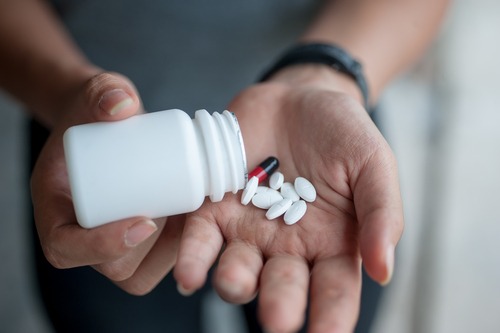
On Wednesday, U.S. Sens. Gary Peters (D-MI) ad Joni Ernst (R-IA) introduced legislation that would require the U.S. Department of Defense to better understand the risk of relying on foreign suppliers for critical medications.
The legislation, the Pharmaceutical Risk Assessment and Mitigation Act, would require the DoD to expand its analyses into its reliance on high-risk foreign suppliers for critical drug supply chains. As part of the legislation, the DoD would be required to identify key materials used in making essential medicines, and asses the limitations to DoD’s analyses while implementing a plan to address those limitations, officials said.
“Understanding our reliance on high-risk foreign nations for critical drugs and their key ingredients is crucial to protecting our national and health security,” Peters, Chairman of the Homeland Security and Governmental Affairs Committee, said. “My bipartisan legislation ensures the Department of Defense will continue to rigorously assess its pharmaceutical supply chains to pinpoint vulnerabilities that could lead to supply chain disruptions and drug shortages. With this information, we can take more informed steps toward mitigating these risks and ensuring a stable supply of critical medications for our servicemembers and people across the country.”
According to the Food and Drug Administration, an estimated 80 percent of the facilities that produce active pharmaceutical ingredients (APIs) in the U.S. are located outside of the country. Peters and Ernst’s bill would require the DoD to look into the risks that poses.
“China’s stranglehold on critical pharmaceutical ingredients the U.S. depends on poses a national security threat,” Ernst said. “Through the Pharmaceutical Risk Assessment and Mitigation Act, I am working to strengthen the supply chain and reduce our reliance on our adversary. By taking action now, we can protect the health of our citizens in the future.”
According to a report from Peters, the DoD was generally unable to identify if any of the drugs it purchases rely exclusively on sources in China and India. Peters’ report also found that approximately 90 o 95 percent of generic injectable drugs used for acute care in the U.S. depend on raw materials from China and India.




